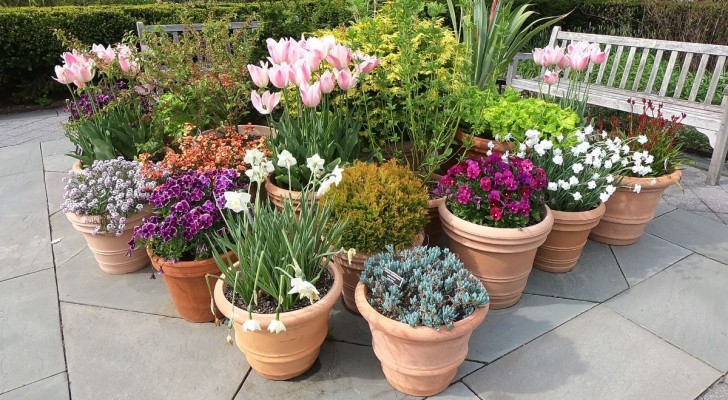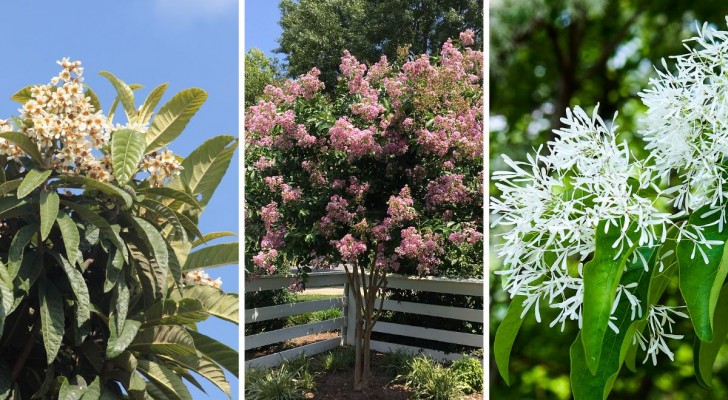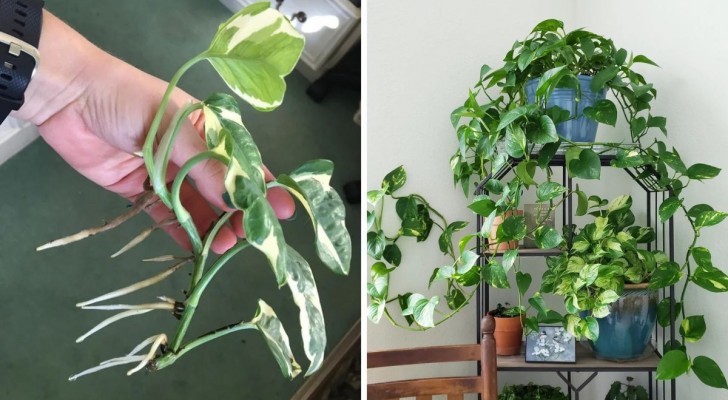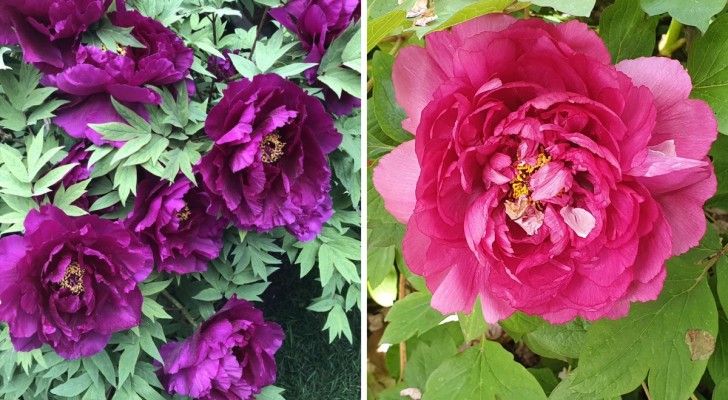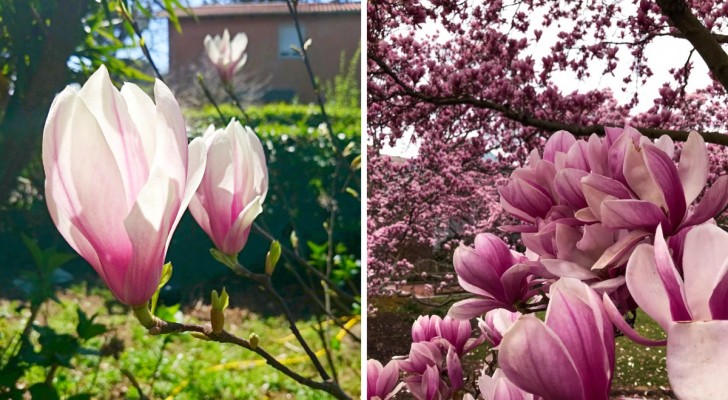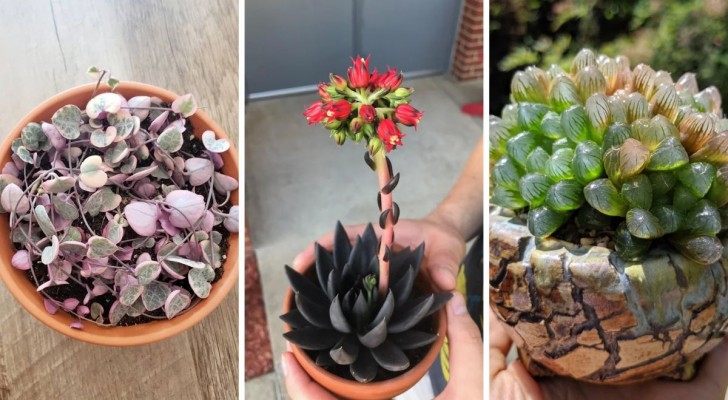Bushy roses: 7 useful tips for growing beautiful specimens
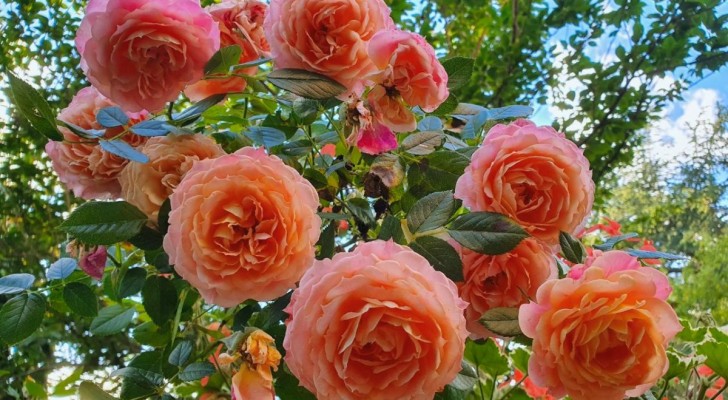
We often see them in parks, but they also make a great impression in gardens, where they fill the landscape with scented splashes of colour: these are bushy roses (aka shrub roses), i.e. roses that grow forming thick shrubs, with rounded crowns and - if cared for in the right way - are full of rose flowers. Very different from hybrid or climber roses, this variety of rose is perfect for creating flower beds or filling borders - and it is also possible to grow them in pots.
These are roses are famous for their hardiness and ease of cultivation: therefore, they do not require a lot of intervention. Read on to find out more about bushy roses:
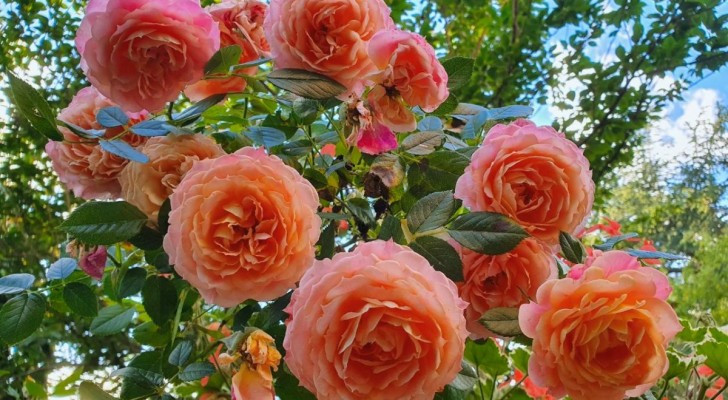
Creativo
- Where to plant them: roses prefer a spot in full sunlight, where they can get at least 6 hours of sunshine a day.
- As for the soil, it must be well-draining but rich in nutrients (therefore not too many rocks, nor excessively acidic).
- Irrigation: they will require a couple of waterings a week in the hottest periods of the year, starting (generally) from late spring. Watering frequency can be reduced from the end of summer, as soon as the temperatures drop, and during the winter, can be stopped altogether.
When they are grown into adults, there will be less need for any intervention on your part.
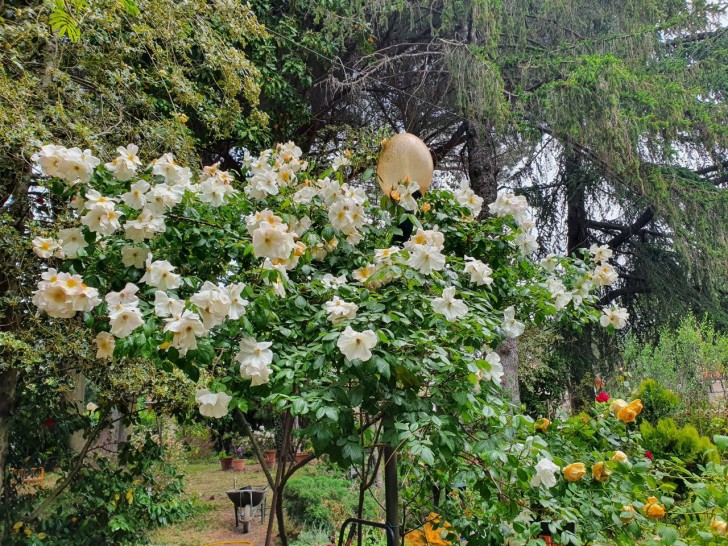
Creativo
When they are to be planted, a hole must be dug that is as wide as the pot that contained them. In any case, always ask whoever sold you the roses if the are ready to be planted in the open ground or in larger planters: generally, transplanting should be avoided when it is very hot, and only undertaken when absolutely necessary to do so.
If you plant in early spring, when the roses are still dormant, you can also try to spread out their roots very gently, to help them get purchase in the soil. In any case, when digging the hole for them, be sure to break up the earth that will be around the roots.
Fertilizers: with roses you must always avoid using chemically-based ones - use organic alternatives. Amongst the most recommended fertilizer is leonardite.
Pruning: there is no need for extreme pruning. Limit yourself to removing dry branches, especially at the end of summer and at the end of winter. And as soon as the flowering period ends, the dry flowers should be removed, cutting them away on the stem that holds them.
Happy gardening!
